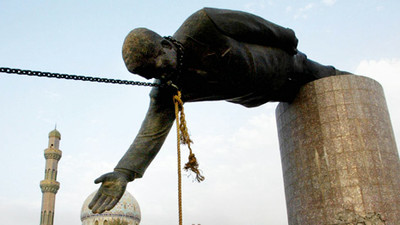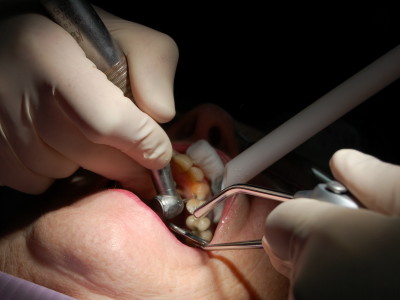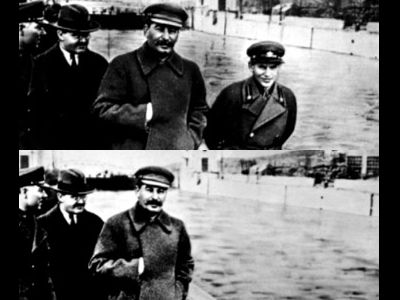Who is the leader of Yugoslavia who survived the Nazi onslaught and Stalin's Great Purge?

The Yugoslavian Leader Who Survived Waves of Stalin's Assassins and Hitler's Best Troops
https://historycollection.com/josip-broz-tito-yugoslavian-leader-survived-waves-stalins-assassins-hitlers-best-troops/
In Eastern Europe, where Yugoslavia is located, Stalin, who took control as the party secretary of the Communist Party of the Soviet Union, had become more influential even before World War II. In particular, the Yugoslav Communist Party seemed to have been wary of Stalin, and many Communist Party members were the targets of Stalin's purge. It is said that Tito's rise to the top of the country was partly because Tito's friends and associates were killed by Stalin's assassins one after another.
Before World War II, many tried to arrest Tito when he was to live in Moscow as the secretary of the Yugoslav Communist Party. However, the charismatic Tito had many companions to help him, and the prominent Communists guaranteed his identity, allowing him to escape arrest and execution.
When World War II broke out, Tito soon returned to Yugoslavia and organized the PLA with the government in exile. There were many supporters of communism in Yugoslavia at that time, and the scheme of 'Nazi Germany VS Communist People's Liberation Army trying to conquer Yugoslavia' was completed. Tito was appointed by the Communist Party of Yugoslavia as General Commander of the PLA, helping Jews fleeing Nazi Germany and welcoming them to their army.

On May 25, 1944, Nazi Germany launched an operation, 'Operation Rösselsprung,' to destroy the PLA headquarters in Yugoslavia and to kill or capture Tito. The operation was to thoroughly bomb and invade the area around
The casualties at Operation Rösselsprung were about 2000 on the Nazi German side and about 1000 on the PLA side. The Resistance headquarters collapsed and some executives were killed in action, but Tito escaped safely. The PLA was successfully rebuilt and Operation Rösselsprung failed.
After World War II, the PLA led by Tito rebuilt the country as the 'Yugoslav Socialist Federation' with the exiled Yugoslav royal government. Tito was elected prime minister in a postwar referendum. The Yugoslav government, which was established at this time, referred to the same socialist country, the Soviet Union, but Tito partially modified it to create its own government system. It also annexed the Italian territory on the eastern coast of the Adriatic Sea and supported the Greek People's Liberation Army, which was also a communist side during the Greek Civil War .

However, due to the momentum of Yugoslavia immediately after the end of the war, Stalin became more vigilant about Yugoslavia and Tito, and immediately after World War II, Soviet spies were deeply invading the Yugoslav government. Stalin sent a letter to Tito saying, 'Without the support of the Soviet Union, Yugoslavia will collapse,' but Tito ignored the letter and canceled attendance at the Soviet-sponsored

Yugoslavia was banished from Cominform as Tito canceled the Cominform. The relationship between Yugoslavia and Cominform became tense, and a war was possible, but Stalin, who wanted to stay in the place without ruining things, sent several thugs to Yugoslavia to assassinate Tito. However, Tito mobilized all the secret police and arrested all the assassins sent by Stalin.
Tito addressed Stalin, 'Stop sending people to assassinate me. We have already arrested five assassins. Some owned bombs and some owned rifles. If you don't stop sending assassins, we'll send you assassins to Moscow. You don't need to send a second one. ' Stalin, who was so afraid of assassinations that he would 'prepare multiple places to sleep every day and decide at random', said that Tito stopped sending assassins after sending a letter.
Due to Tito's strong stance towards Stalin, Yugoslavia, while being a socialist country, has shortened its distance from the Western nations. Therefore, even during the Cold War, when the United States and the Soviet Union were glaring, Yugoslavia had good relations with both the eastern and western camps. In addition, even during the Cold War, a

Tito was the leader of Yugoslavia until 1974, after which he relinquished most of his authority, but was a diplomatic officer of Yugoslavia at home and abroad. The History Collection states, 'After Tito's death in 1980, a long period of political turmoil caused Yugoslavia to collapse in the 1990s, which proved that it would be difficult to put together Yugoslavia. I highly value Tito as a leader.
Related Posts:
in Note, Posted by log1i_yk







